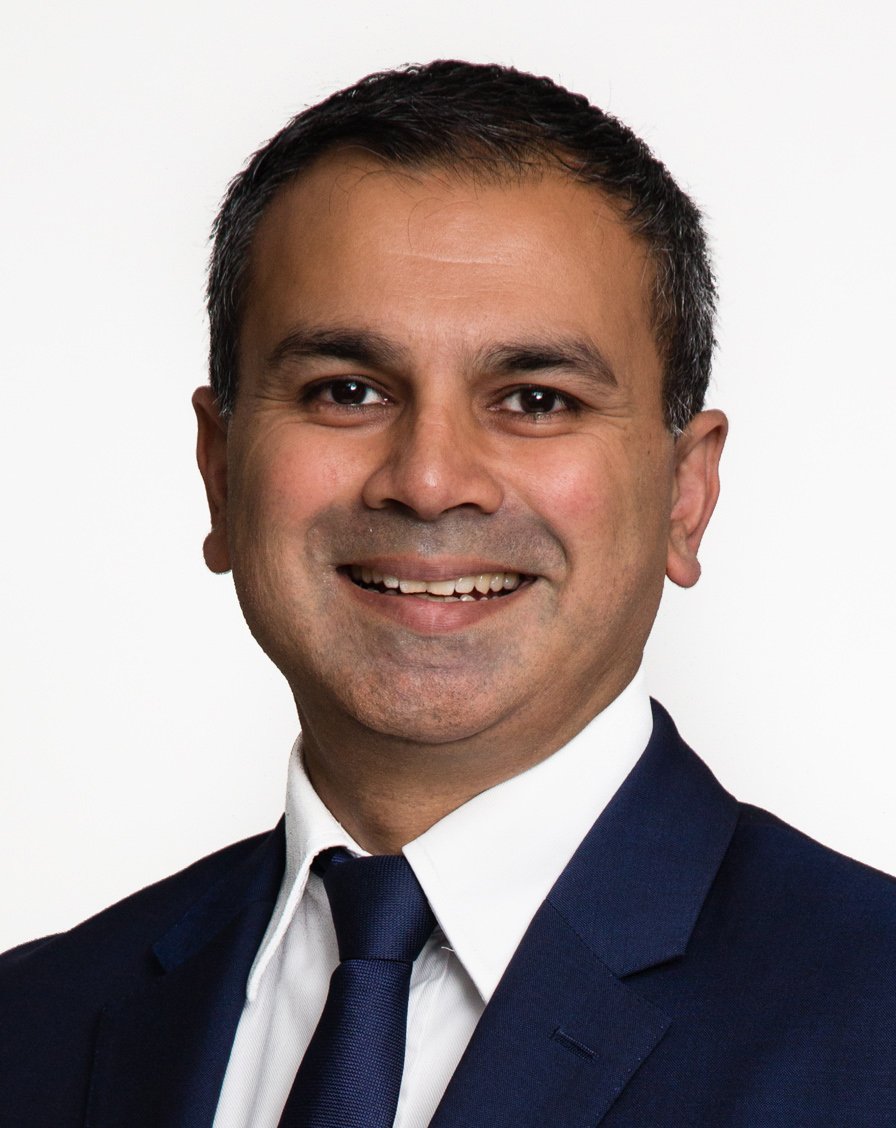
The decision by Moody’s Ratings agency to downgrade US government debt has a beneficial flow on for local corporate bonds. Perpetual's Vivek Prabhu explains.
- Downward pressure on ratings of government debt
- High grade corporate debt becomes an attractive option
- Find out about Vivek’s Perpetual Diversified Income Fund
“When government ratings are under pressure, corporate debt presents a pretty compelling alternative,” says Perpetual's head of fixed income, Vivek Prabhu. “It is particularly the case in the investment grade space, including in Australia.”
On a risk-reward basis, corporate debt is looking more attractive.
The most recent pressure on government debt flows from a decision by Moody’s Ratings to drop US sovereign debt from Aaa, the top ranking, to Aa1 last week.
It means the world’s biggest economy no longer has the highest investment grade position at any of the three main ratings agencies – Moody’s, Fitch Ratings or S&P Global Ratings.
The downgrade reflects, in Moody’s words, “the increase over more than a decade in government debt and interest payment ratios to levels that are significantly higher than similarly rated sovereigns."
Prabhu, who manages the Perpetual Diversified Income Fund, an actively managed, diversified portfolio of floating-rate debt investments, says: “It’s a symbolic moment. The US has lost its triple A rating at all the agencies, but it is unlikely to result in any lasting market disruption.”
Many investment mandates were updated following the S&P downgrade back in 2011, and they no longer necessarily reference the triple A rating as a requirement to hold government bonds, he explains.
As a result, there is unlikely to be any forced sellers, limiting the short-term market impact.
But Prabhu adds that US government debt is rising to levels normally seen during crises, such as World War II, the global financial crisis or the pandemic.
The US Congressional Budget Office has estimated that the US debt to GDP ratio will reach 107 per cent by 2029 – higher than during WWII. Moody’s estimates it will hit 134 per cent of GDP by 2035.
“It will get to the point where the debt servicing cost will be the lion’s share of the budget deficit. The interest bill will dominate the total deficit.”
Prabhu says the downgrade of US sovereign debt is part of a longer-term trend globally whereby governments around the world are taking on more debt. That has put pressure on their ratings.
“We are seeing it at state government level in Australia and federally as well," he says.
"There is a pattern where governments took on a lot of debt during the global financial crisis or COVID and after those emergencies they didn’t reign in their spending.
“There is this pressure on ratings of government debt.”
That makes corporate debt relatively more attractive, Prabhu continues.
“Australian corporates benefit from being part of a smaller economy and many of them are duopolies or oligopolies. That might not be great from a consumer’s point of view, but it is good from a bond holder’s point of view.
“It means those companies have strong market positions and are pretty safe credit risks.”
About Vivek Prabhu and Perpetual Diversified Income Fund
Vivek is Perpetual’s head of fixed income. He joined Perpetual in 2004 and has more than 30 years of experience in accounting, finance, investments, governance and risk management.
He has managed multi-billion-dollar fixed income, credit and currency portfolios and his role involves credit analysis, trade execution and portfolio construction.
Vivek’s Perpetual Diversified Income Fund is an active, diversified portfolio of high quality, floating rate debt investments. It’s designed for investors seeking predictable outcomes - including above cash rate returns, consistent income and capital preservation.
Find out more about Perpetual Diversified Income Fund
Find out about Perpetual's credit and fixed income capabilities
Contact a Perpetual account manager

